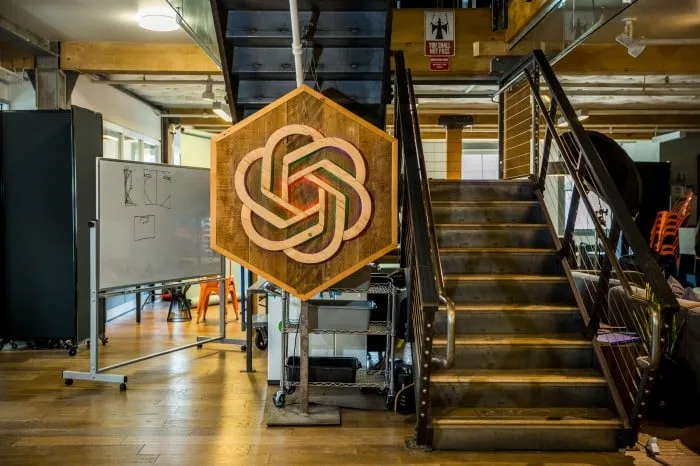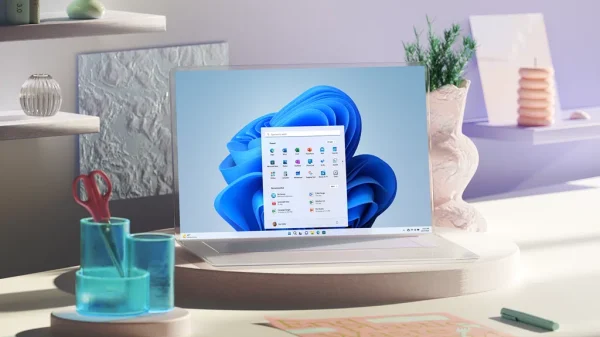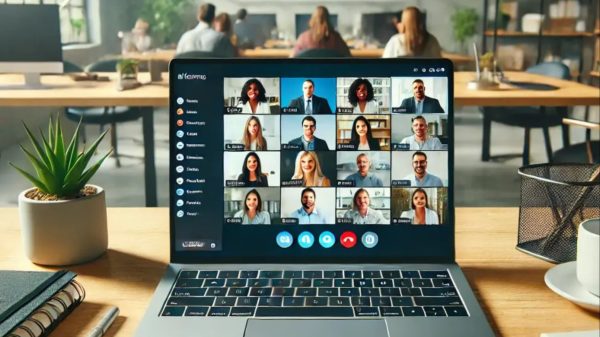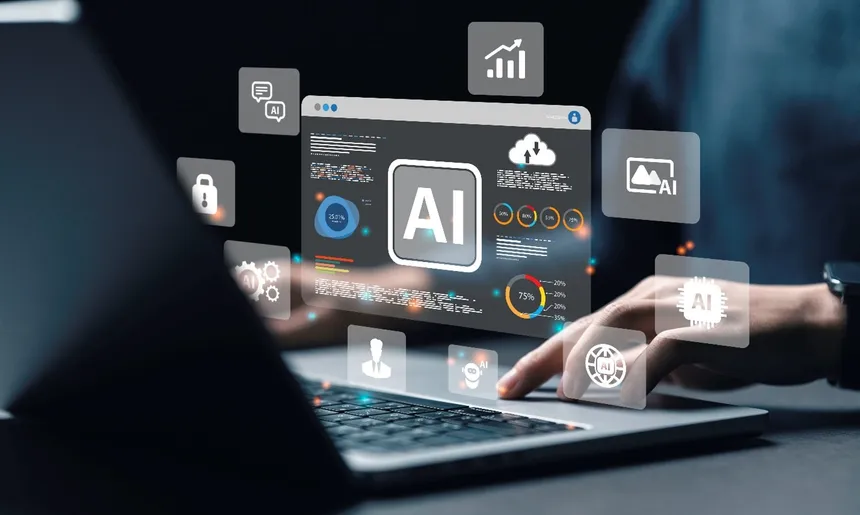OpenAI, the creator of the popular AI-powered chatbot ChatGPT, has made a significant announcement by acquiring the startup company Multi, a software-based team collaboration tool designed specifically for software engineering teams. This acquisition has sent shockwaves through the tech community, sparking speculation about how Multi’s features might be integrated into ChatGPT’s AI systems. As experts and users alike begin to dissect the implications of this move, it’s clear that OpenAI is poised to push the boundaries of what’s possible with AI and PCs.
Multi’s collaboration tool allows for features such as shared cursors and simultaneous screensharing with up to 10 people, making it an attractive acquisition for OpenAI. The startup’s blog post, announcing its shutdown, highlights its fascination with the idea of making desktop computers “inherently multiplayer,” where software engineering teams can work together seamlessly. This vision of future computing is both intriguing and unsettling, as it raises questions about the role of AI in our personal computers.
Fans of ChatGPT are already speculating about how Multi’s features might be integrated into the AI system. Some argue that the collaboration and remote management functionality could come to the ChatGPT desktop app, enabling features like AI-assisted screen sharing, code editing, and even drawing on a user’s screen. While this would undoubtedly revolutionize the way we work with AI, it also raises concerns about security and privacy. For instance, would users be comfortable with an AI system taking over their PC, potentially accessing their personal files and data?

OpenAI’s Bold Move into Multi-PC AI Integration
Microsoft and Apple are also exploring the intersection of AI and PCs, as evident in the Recall feature in Copilot+ PCs and the Apple Intelligence in Apple Silicon Macs. By acquiring Multi, OpenAI is merely acknowledging the natural progression of AI’s integration into our computing lives. The acquisition brings OpenAI one step closer to realizing its vision of AI-controlled PCs, where AI systems can operate independently, without being confined to an app.
The potential implications of this acquisition are vast. Will OpenAI create a seamless AI-controlled experience, where AI systems can access and manipulate our PCs without any human intervention? The answer remains unclear, but one thing is certain: OpenAI’s bold move has set the stage for a thrilling new chapter in the development of AI and personal computing. As we eagerly await the results of this acquisition, we can’t help but wonder what kind of revolutionary changes Multi’s technology will trigger in AI and PCs.








































